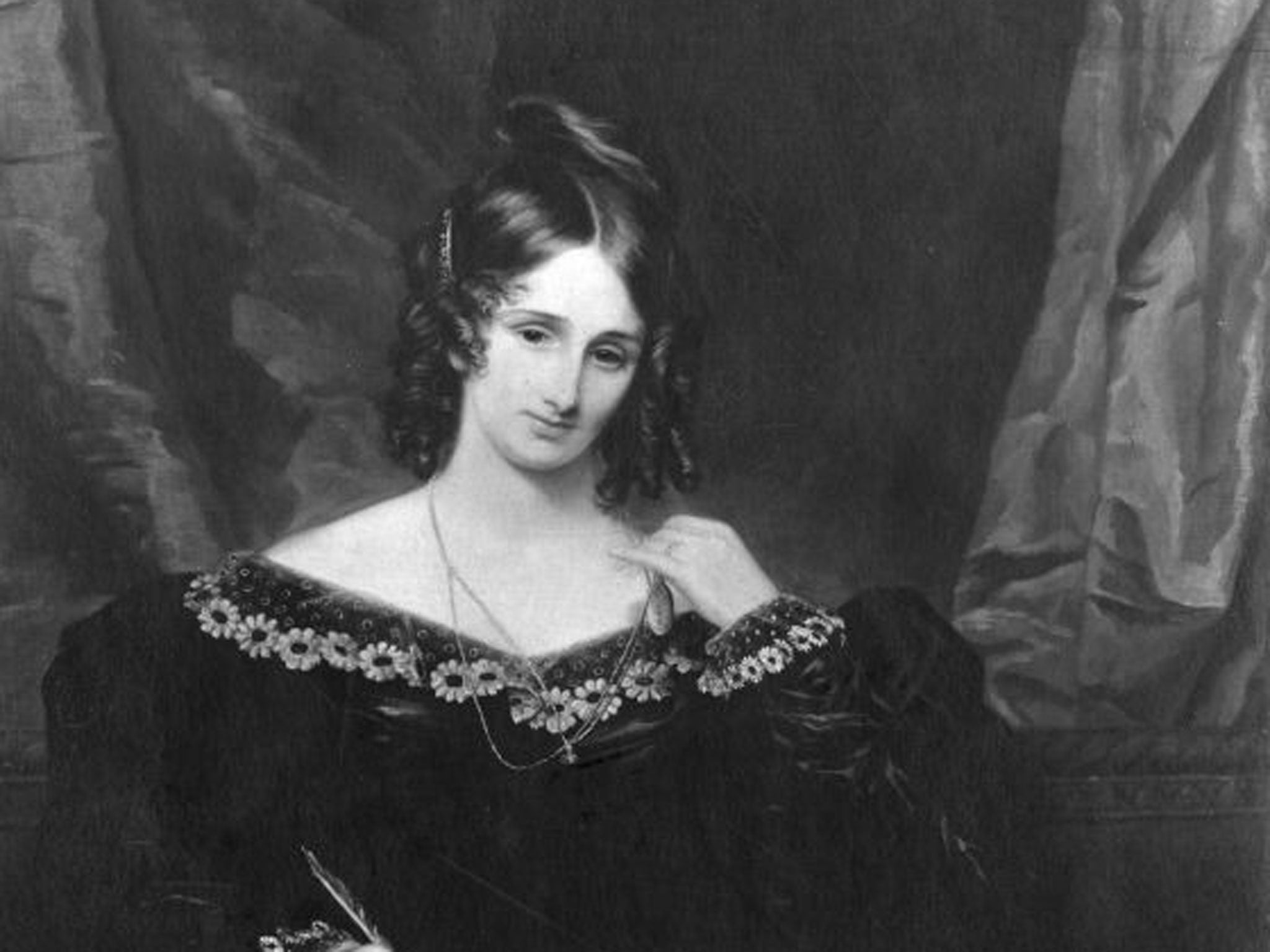Romantic Outlaws by Charlotte Gordon, book review: Paying a high price for principles
This is the first dual biography of Mary Wollstonecraft and her daughter Mary Shelley

At sixteen, Mary Godwin and the poet Percy Bysshe Shelley enjoyed the ultimate gothic courtship, meeting for romantic trysts in St Pancras' church-yard. Standing in front of her mother's gravestone, Mary looked into Shelley's eyes and told him she loved him, then threw herself into his arms. They lay on the grass and embraced with the "full ardour of love".
It was an unusual place for a love affair but deeply symbolic for Mary as her mother, Mary Wollstonecraft, the famous feminist, haunted her daughter's imagination. Dying of puerperal fever just 10 days after giving birth, Wollstonecraft never knew her daughter but as Charlotte Gordon shows here, her influence was profound; in her life and work, the younger Mary tried to live up to her mother's legacy.
There have been previous biographies of both women but this is the first dual biography. By tracing the intersections between mother and daughter, Gordon sheds new light on these visionary women who believed in making their own rules. Driven by a desire for freedom and justice both for themselves and other women, they wrote ground-breaking books. Wollstonecraft's A Vindication of the Rights of Woman denounced the unfair laws and prejudices of 18th-century society which gave wives no legal rights. For her challenge to male dominance, Wollstonecraft was viciously attacked and dubbed "a hyena in petticoats".
Steeped in her mother's ideas, Mary Shelley wanted to create her own masterpiece but, living during a more conservative era, she believed that the best way to call for reform was to use fiction. Aged 19, she wrote Frankenstein, a novel which condemned unchecked male ambition. The knowledge that a woman had written this book was so shocking that it hurt sales and Mary was ostracised.
Mother and daughter were notorious for their love lives as much as their writing. Believing in being true to one's passions rather than society's rules, both fell in love with married men. Wollstonecraft flirted with the artist Henry Fuseli. When she proposed a ménage à trois, his wife banished her and Fuseli never spoke to her again. Mary Godwin's elopement with Percy Shelley had more tragic consequences as his abandoned wife Harriet later committed suicide. Rejecting societal conventions, both mother and daughter also had illegitimate children. Wollstonecraft never married Gilbert Imlay, the father of her daughter Fanny, although she wed Mary's father the philosopher, William Godwin, shortly before her second daughter's birth.
Mary Godwin and Percy Shelley also had children outside wedlock, although after Harriet's death they married. Mother and daughter dreamed of a world where women had the same rights as men and could enjoy equal relationships. However, their experiences of free love left them depressed and disillusioned.
Inevitably there are potential problems in structuring a dual biography. Gordon traces the life story of mother and daughter in alternating chapters. At times this can be slightly disorienting for the reader. However, Gordon's enthusiasm for her subjects overrides these issues as we are swept along in a torrent of passion and politics, love and loss. Gordon's greatest achievement is to breathe fresh life into Mary Wollstonecraft and Mary Shelley.
This biography captures the humanity of these complicated women, highlighting the dilemmas they faced juggling the competing demands of being lovers, mothers and writers. She also makes us aware of the high price they paid for their principles. For both, breaking society's taboos involved self-sacrifice. As Mary Wollstonecraft wrote: "Those who are bold enough to advance before the age they live in, and to throw off, by the force of their own minds, the prejudices which the maturing reason of the world will in time disavow, must learn to brave censure."
Join our commenting forum
Join thought-provoking conversations, follow other Independent readers and see their replies
Comments